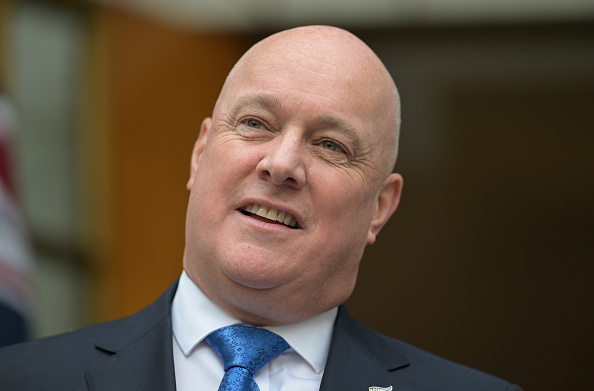A new Treaty Principles Bill has been introduced to New Zealand’s Parliament and is set for its first reading on Thursday, November 14.
Originally scheduled for November 18, the introduction was moved up, leading to the Waitangi Tribunal’s release of an interim report on the bill this week. Prime Minister Christopher Luxon will be out of the country during the debate, while major parties National and New Zealand First have stated they won’t support the bill beyond this initial reading.
The bill, introduced by Associate Justice Minister David Seymour, aims to clarify and define the principles of the Treaty of Waitangi, which has been part of New Zealand law since 1975. According to Seymour, the bill seeks to ensure equal rights for all New Zealanders by defining these principles in legislation rather than allowing courts to interpret them. He emphasised that the bill does not change the Treaty itself but seeks to make its role in legislation clearer.
However, the bill has faced strong criticism. The Waitangi Tribunal, which addresses issues related to the Treaty of Waitangi, reported that the bill could significantly harm the relationship between Māori and the Crown. In its view, the bill could lead to the “worst breach” of the Treaty in modern times, impacting Māori across many areas of life and destabilising New Zealand’s constitutional arrangements. Māori leaders, including Te Tiriti o Waitangi expert Margaret Mutu, expressed disappointment, viewing the bill as an attempt to limit Māori voices in public discussions about the Treaty.
Meanwhile, protesters gathered outside Seymour’s Auckland office and Parliament, voicing their opposition. Max Harris, a lawyer, criticized the lack of public and expert consultation, noting the bill failed internal reviews and could lead to constitutional challenges.
Despite the backlash, government officials stated the earlier introduction gives the public more time to examine the bill and prepare feedback, which will be heard during the select committee stage.











